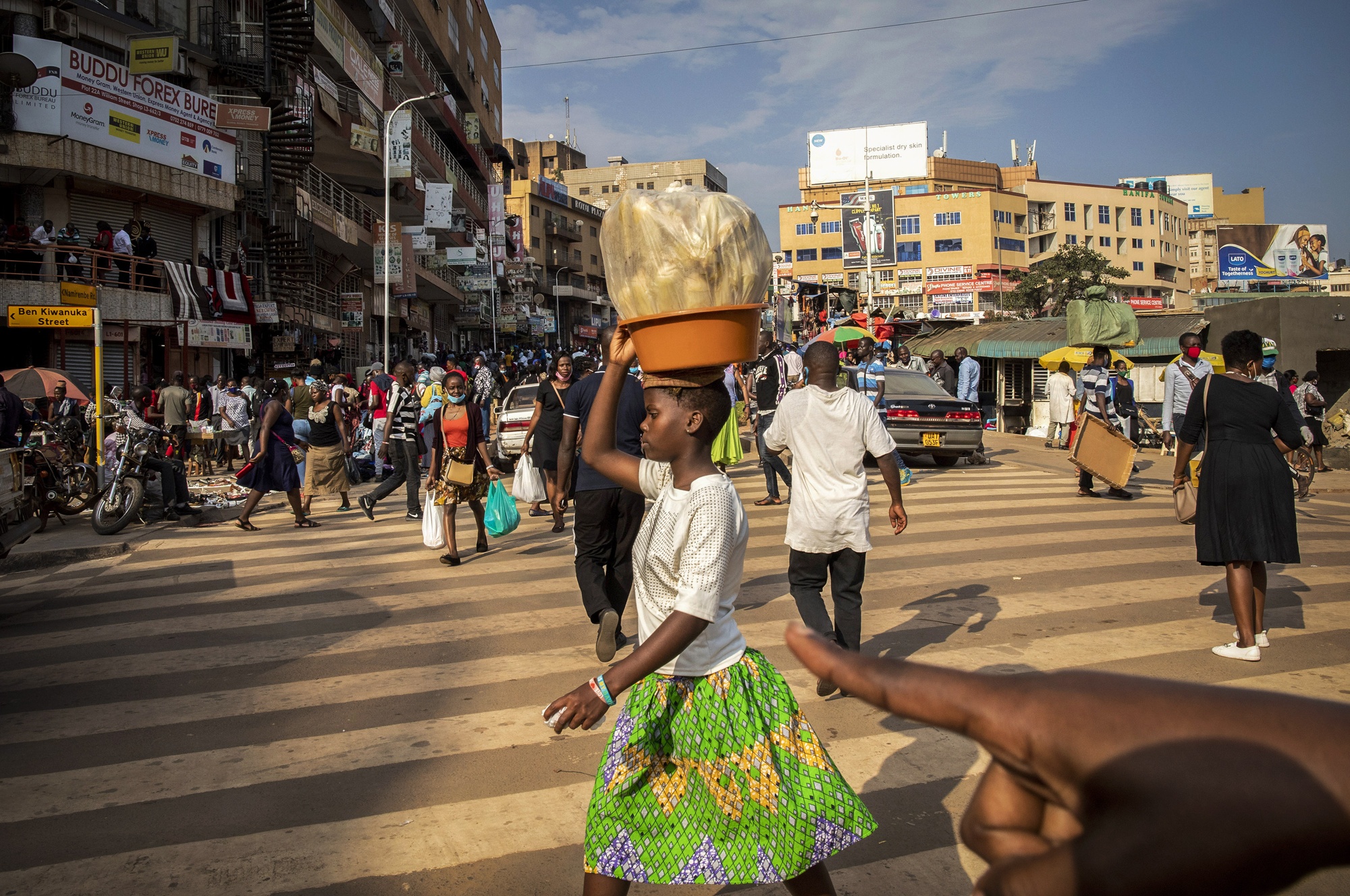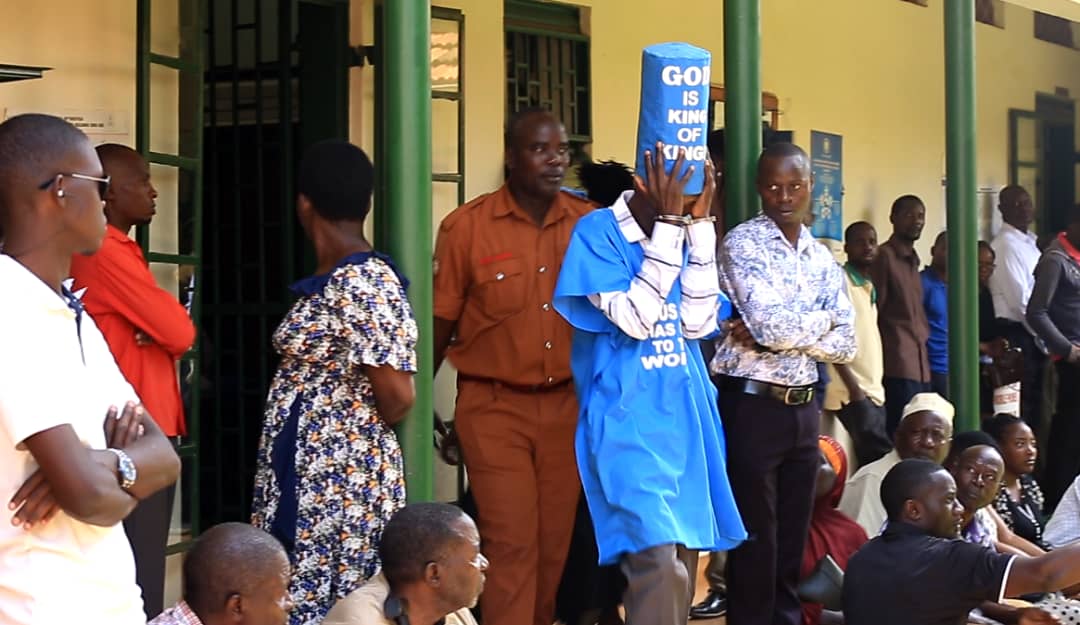Beyond celebrations: Uganda's minimum wage needs a boost to catch up

Following the International Labour Day celebrations, Uganda finds itself at a crossroads regarding its minimum wage.
While celebrating its workforce, the nation grapples with whether the current system offers a fair stepping stone compared to its neighbours.
Established in 2017 at shs130,000 per month, Uganda's minimum wage was a long-awaited reform. Prior to this, stagnation since 1984 left countless workers vulnerable. This change acknowledged the need to join its neighbours in striving for a more just labour market.
However, Uganda's current minimum wage only applies to specific sectors, primarily formal employment. This leaves a vast portion of the workforce unprotected, particularly those in the dominant informal economy.
Neighbouring countries like Kenya and Tanzania have also struggled with informal sector coverage, highlighting a regional challenge. Street vendors, domestic workers, and many agricultural labourers across East Africa often toil for far less, exposing significant loopholes within minimum wage systems.
Even within covered sectors, the adequacy of Uganda's shs 130,000 is debatable.
While an improvement, it may not cover basic living expenses in major cities. Housing, food, and transportation costs can quickly erode this income, forcing many to work multiple jobs or live in precarious conditions.
Compared to some East African neighbours with higher minimum wages, Ugandan workers may find themselves struggling to achieve the same standard of living.
Ensuring adherence to the minimum wage, especially in the informal sector, is another challenge for Uganda, mirroring struggles faced by its neighbours.
Weak enforcement mechanisms and a lack of worker awareness create vulnerability to underpayment across the region. Strengthening enforcement requires greater government commitment, collaboration with labour unions, and worker education initiatives – a challenge all East African nations must address.
International Labour Day serves as a stark reminder for Uganda to learn from and collaborate with its neighbours.
Regular reviews and adjustments to the minimum wage are necessary across East Africa to keep pace with inflation and rising living costs.
Additionally, expanding coverage to include more sectors, particularly the informal economy, is crucial. Furthermore, strengthening enforcement through increased government oversight, coupled with worker education, is essential for the success of minimum wage systems across the region.
Uganda's minimum wage journey is far from over. It represents a critical step, but challenges regarding coverage, enforcement, and adequacy remain.
By addressing these concerns, collaborating with its East African neighbours, and continuously improving the system, Uganda can ensure that its workforce receives just compensation and a decent standard of living.
This will not only contribute to worker well-being but also foster a more equitable and sustainable future for the nation, propelling the entire East African region towards a fairer labour landscape.
AI aided story













